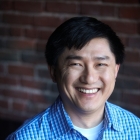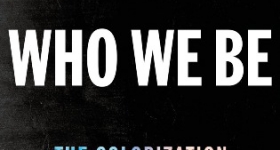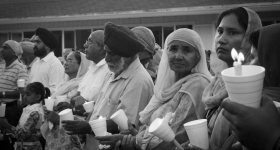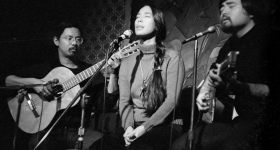Part of the reason Hyphen does this is because one of our missions is to provide coverage and a voice for Asians in America who've been underrepresented in mainstream media. J-Pop and things like that get their fair share of coverage in other US-based publications.
But, as Yang points out, trying to define what is Asian American is
like "herding cats, if those cats were randomly mixed in with, say,
dogs, sheep and giraffes."
Often there's a gray area where a story can be both "Asian" and "American." We recently discussed whether or not to do something on champion boxer Manny Pacquiao. He was born and lives in the Philippines, but apparently spends a lot of time in the United States training and many of his title bouts have been here.
Pacquiao has certainly captivated the Filipino American community, but does that make him Asian American? Many Asians living in the United States are immigrants or children of immigrants. Is that the litmus test?
From the days when Asian American was first used during the civil rights era, its definition has been a moving target. I think that Hyphen's coverage will reflect that.
We'd love to hear feedback. How do you define Asian American? Are there things Hyphen is missing or could cover better? Let us know.










Comments